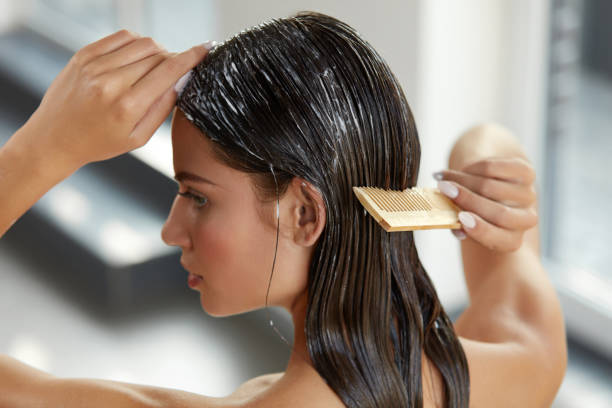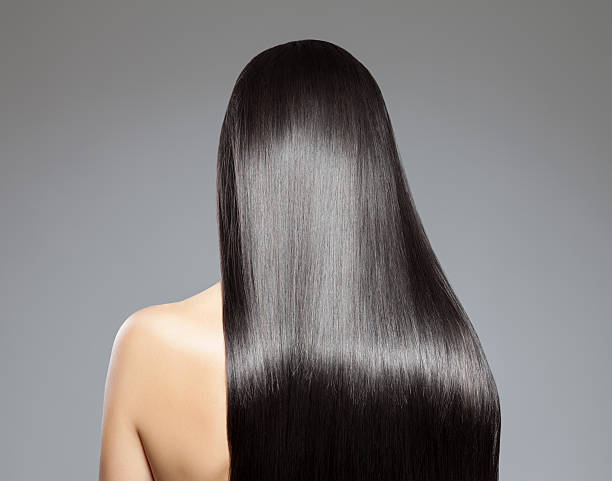Can You Make Money Selling Hair Products? A Complete Guide
Discover the potential of generating income with hair products in our comprehensive guide. At YOGI CARE, we explore the strategies and insights to help you succeed in this lucrative industry. Learn how to effectively sell hair products and transform your passion into profit. Uncover if you can make money selling hair products with our expert advice.
Preface
Is Selling Hair Products Profitable?

What Is the Profit Margin on Hair Products?

Can I Sell Hair Products Without a License?
How to Start a Business Selling Hair Products?

FAQs

YOGI CARE Moringa Seed Anti-Dandruff Shampoo

YOGICARE Sulfate-Free Mint Shampoo:Pure Cleansing with a Refreshing Mint Touch

YOGI CARE 9s Amino Acid Hair Treatment: Intensive Repair for Silky, Healthy Hair

Restore Strength in Minutes with YOGI CARE HAS Protein Rapid Repair Conditioner

YOGI CARE U-Collagen Amino Acid Hair Spray: Professional Repair in Every Mist
For Company
What is YOGI CARE's mission?
At YOGI CARE, our mission is to revolutionize the cosmetics industry by constantly pushing the boundaries of innovation and redefining beauty standards. We aim to empower individuals to express their unique identities through our diverse range of high-quality, cutting-edge products.
How long have YOGI CARE been in business?
YOGI CARE have been providing high-quality aromatherapy hair care solutions for over 10 years, dedicated to innovation and customer satisfaction.
After-Sales Support
Do YOGI CARE offer wholesale organic hair care products guarantees?
Yes, YOGI CARE stands by the quality of YOGI CARE's wholesale hair products and offers a satisfaction guarantee.
What if I'm not satisfied with wholesale hair products?
If you're not satisfied with organic hair care products wholesale, please reach out to our customer service team for assistance with returns or exchanges.
Solutions
What should I do if I experience irritation?
If irritation occurs, discontinue use immediately and consult a professional for advice.
Do YOGI CARE offer damaged hair treatment products solutions for damaged hair?
Yes, hair care private label YOGI CARE provides specialized treatments for repairing and revitalizing damaged hair.

Yogi Care Argan Oil Moisturizing Shampoo
Argan oil has a high content of antioxidants, essential fatty acids, and vitamin E, this shampoo will leave your hair feeling clean, strong, and deeply nourished. Contains high quantities of vitamin A, C and E, antioxidants and omega-6 fatty acids, which helps repair
and fight damages.

Yogi Care Peppermint Essential Oil Aroma Essential Oil
Yogi care Peppermint essential oil is extracted from the leaves of the peppermint plant (Mentha × piperita) through steam distillation. Known for its crisp, invigorating, and minty aroma, peppermint oil is celebrated for its energizing and refreshing effects. It is commonly used in aromatherapy to enhance mental clarity, reduce feelings of fatigue, and relieve stress. Peppermint essential oil also has natural analgesic and anti-inflammatory properties, making it effective for soothing headaches, muscle pain, and digestive discomfort. Its cooling sensation and versatile benefits make it a popular choice for both health and wellness applications.

Yogi care Agarwood Body Scrub
A revitalizing body scrub infused with fine exfoliating particles and Agarwood extract, designed to gently slough away dead skin cells, leaving your skin smooth, radiant, and delicately scented.

Yogi Care U-colagent Daily Shampoo No.3
Developed specially for hair protection after u-colagent treatment and maximize the effect of u-colagent treatment.It also maintains the hair's perfect smoothness and full effect after treatment.
© 2025 YOGI CARE All Rights Reserved.


